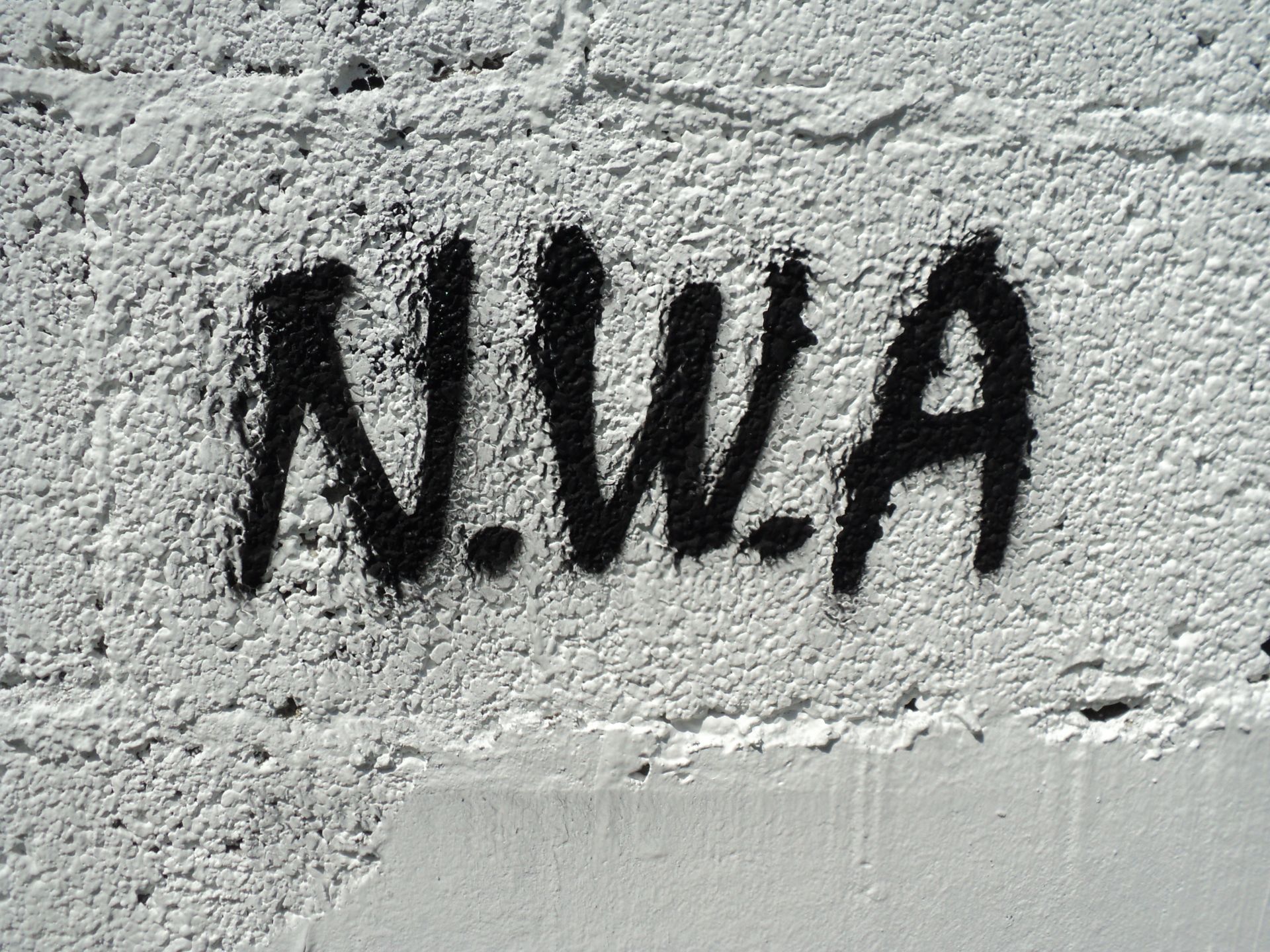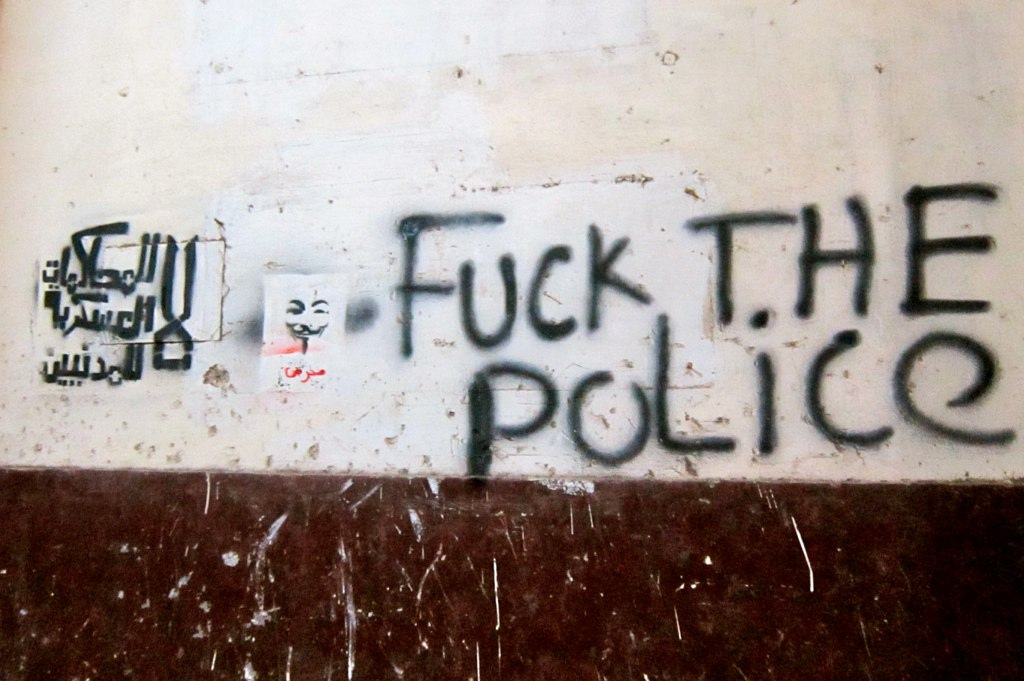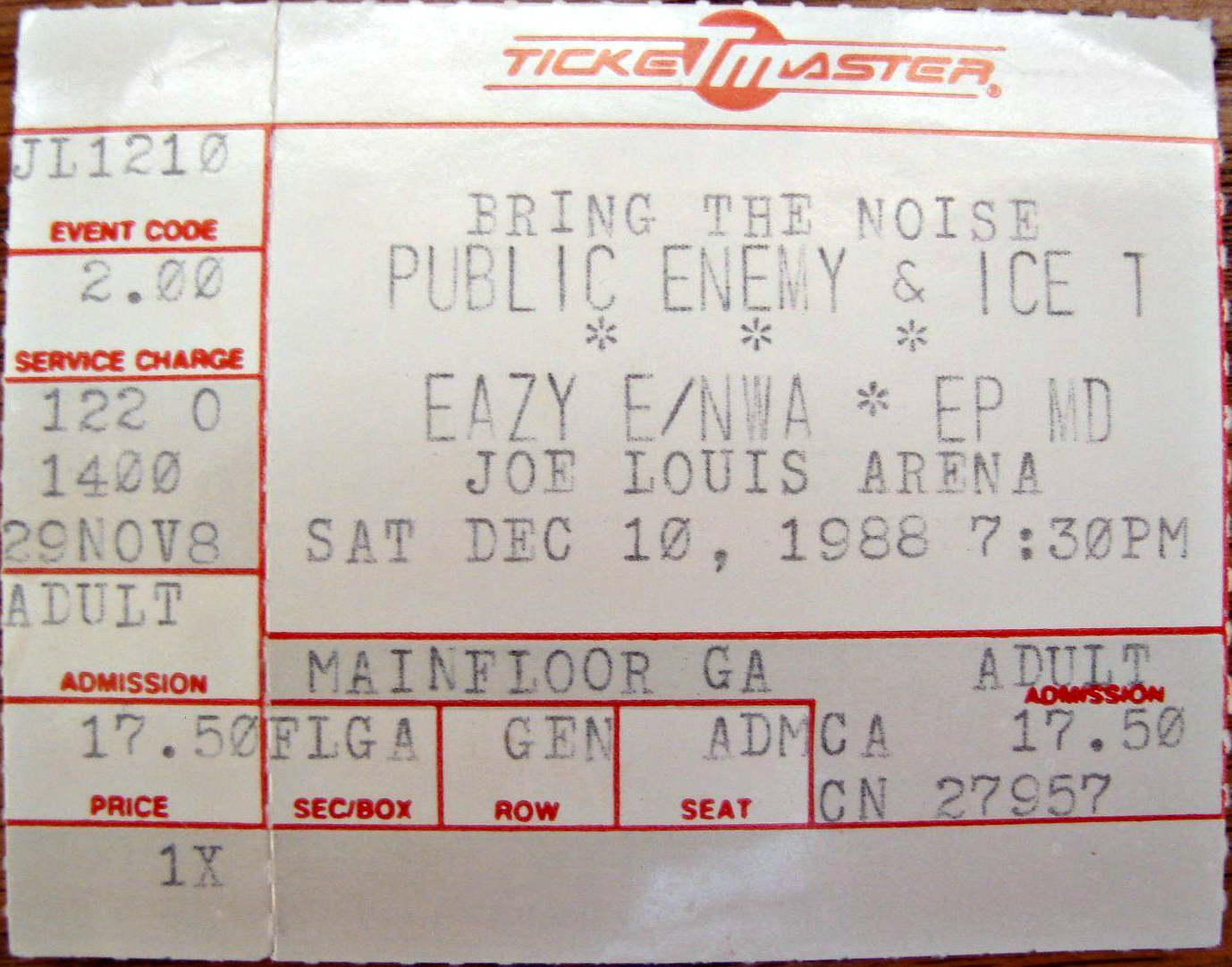In the late 1980s and early 1990s, a musical revolution emerged from the gritty streets of Compton, South Central Los Angeles, and other urban hubs across the United States. It was a raw, unapologetic form of expression that would come to be known as Gangster Rap. What began as a reflection of the harsh realities of inner-city life evolved into a cultural force that reshaped the music industry and challenged societal norms. Today, we take a journey through the evolution of Gangster Rap, exploring its roots, its impact, and its enduring legacy.
Origins: The Streets Speak
Gangster Rap was born out of the experiences and struggles of young black and Latino Americans living in impoverished, crime-ridden neighborhoods. Artists like N.W.A. (Niggaz Wit Attitudes), Ice-T, and Schoolly D were among the pioneers who brought the harsh realities of street life to the forefront of their music.
Tracks like N.W.A.'s "Straight Outta Compton" and Ice-T's "6 'N the Mornin'" painted vivid pictures of gang violence, police brutality, and the daily challenges faced by those growing up in these communities. The lyrics were raw, uncensored, and unapologetically real, offering a voice to the voiceless and shining a spotlight on issues that were often ignored by mainstream
 society.
society.
Controversy and Criticism
As Gangster Rap gained popularity, it also attracted its fair share of controversy. Critics accused artists of glorifying violence, misogyny, and drug use. Politicians and activists called for censorship, citing concerns about the influence of the music on young listeners.
Songs like "Cop Killer" by Ice-T's metal band Body Count and N.W.A.'s "F**k tha Police" sparked outrage and heated debates about free speech and artistic expression. Yet, despite the backlash, Gangster Rap continued to grow in popularity, resonating with audiences who saw their own lives reflected in the music.
Rise to Mainstream Success
The early 1990s marked a turning point for Gangster Rap, as artists like Dr. Dre, Snoop Dogg, and Tupac Shakur rose to mainstream prominence. Dr. Dre's groundbreaking album "The Chronic" and Snoop Dogg's "Doggystyle" became cultural phenomena, blending funky beats with gritty lyrics that captivated audiences worldwide.
Tupac Shakur, with his poetic lyricism and intense delivery, became a symbol of the struggle for social justice and equality. His albums "2Pacalypse Now" and "Me Against the World" addressed themes of poverty, racism, and police brutality, earning him a place as one of the most iconic figures in hip-hop history.

Legacy and Influence
Today, the influence of Gangster Rap can be felt across the entire landscape of popular music. Its gritty, uncompromising style has paved the way for a new generation of artists who continue to push boundaries and challenge the status quo.
From Kendrick Lamar's introspective storytelling to Cardi B's unapologetic confidence, the spirit of Gangster Rap lives on in the music of today. Its impact on fashion, language, and culture as a whole is undeniable, with phrases like "Keepin' it real" and "Gangsta lean" becoming part of the lexicon of mainstream society.

A Lasting Impact
As we look back on the evolution of Gangster Rap, we see more than just a genre of music. It was a movement—a voice for the voiceless, a mirror reflecting the harsh realities of inner-city life, and a catalyst for change.
While its critics may have dismissed it as glorification of violence, Gangster Rap was, at its core, a powerful form of social commentary. It forced society to confront uncomfortable truths and sparked important conversations about race, inequality, and the criminal justice system.
Today, as we continue to enjoy the music of artists who have been shaped by the legacy of Gangster Rap, let us also remember its roots. It was born from pain, fueled by passion, and destined to leave an indelible mark on the world of music and culture.
As we move forward, let us honor the pioneers and trailblazers who dared to speak their truth, unfiltered and unapologetic. The evolution of Gangster Rap is a testament to the resilience of the human spirit and the power of music to inspire, provoke, and unite us all.

The Evolution of Gangster Rap: From Streets to Mainstream